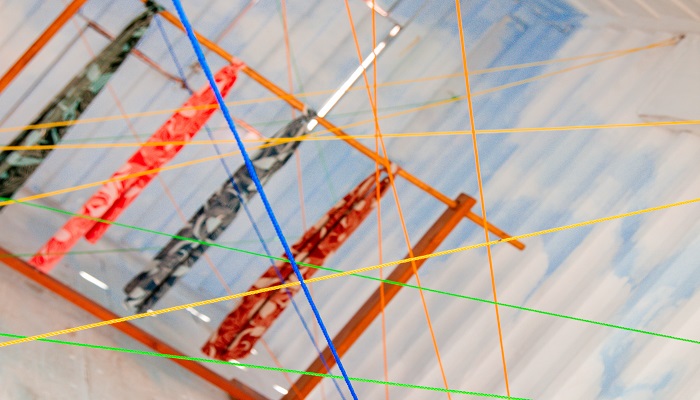Archives of (Im)mobility - Research (2022-2023)
Project Proposal: Archives of (Im)mobility: Gender, Access and Wage labour through the prism of the Colonial Nigerian Railway system in South-Western Nigeria.
Set up as a blueprint for shared global prosperity and a more sustainable future for all, the Global Goals or Sustainable Development Goals (SDGs) were adopted by the United Nations in 2015. The set of 17 integrated goals aimed at ending poverty, protecting the planet, ensuring peace and prosperity by 2030 was adopted following the Millennium Development Goals (MDGs). And while many strides have been made towards achieving the SDGs, more still needs to be done across many nations globally.
Established in 1898, the Nigerian railway system played a huge role in the formation and development of present-day Nigeria. It contributed to the unification and development of Nigeria through urbanization and town developments, advancements of technical education, technological skills transfer, allowed for movement of people, goods and services, promoted agricultural development, was a huge employer of labour, led to sports development and the emergence of social clubs as well as contributed to the decolonization and independence movement etc.
However, the Nigerian rail system was an imperialist project and served as a means for the extraction of resources by the British colonial government. It also contributed to social changes and perceptions of gender and family which still permeate modern-day Nigerian society. By 1901 the Nigerian railway had an estimated 10,000 workers and this reached 30,000 workers by 1960. While the rail system helped many workers acquire skilled and wage labour, women were mostly excluded from these opportunities provided by the rail system. Social constructs were reinforced through the colonial imposed categorization and the usage of the term breadwinners, thus restricting women’s access to wage labour which served as employment for mostly men, a tool for upward social mobility, movement of commodities and male workers across various parts of the country.
Ironically, with the decline of reliance on the rail system for the transportation of commodities as a result of the oil boom, increasing road networks and government neglect; the roles became reversed as many workers lost their jobs and women became breadwinners in many families sustaining their households with incomes generated from the businesses they ran.
My research examines the relationship between gender inequality, urban mobility and spatial design in modern-day South-Western Nigeria drawing on the impact of the British colonial railway system. In spite of modernity and changing family structures, the notion of male breadwinners and dependent wives still persists today across many places in Nigeria, thus impacting negatively on access to job employment and opportunities for many women. I highlight that this denial of access to decent jobs and the absence of women folk working in the railway system also extends to other areas of mobility reinforcing inequality and non gender inclusive design of public transportation and spaces in many urban centers across Nigeria. These biases greatly affect the social,economic and political development, safety and freedom of women and limits their vital contributions towards achieving the Sustainable Development Goals.
While there is growing visibility of women in the Nigerian rail sector, much still needs to be done. Through my project, I also hope to highlight the impact of Chinese Government funding in the present-day Nigerian rail way transportation sector through the China Civil Engineering Construction Corporation Ltd., the involvement of women in projects such as the Endangered Archives Project and various women-led transport planning and development projects emphasizing inclusive and women-centered design for urban spaces and public transportation in Nigeria. And how these initiatives are bolstering women’s contribution to the SDGs invarious communities.
Research Methodology: Online, Offline and Archival research, Collaging, Photography,interviews and conversations etc.
Output: Photographic Essay (Between 2500 to 3500 words) to be available on the HoAF website - https://houseofafricanfeminisms.org/Archives-of-Im-mobility
This project was funded by the House of African Feminisms a Project of the Goethe Institut Sub-Saharan Africa.








connecting%20-%20700%20by%20400.jpg)







